
Cobra II
The Inside Story of the Invasion and Occupation of Iraq
Read offline
Recommendation
Discussion of the Iraq War focuses as much on politics as on combat, and the debate about its management will continue for decades. This contentious global event mixes bad intelligence, bad politics, bad planning, huge antagonistic personalities and a smattering of good intentions. Authors Michael R. Gordon and General Bernard E. Trainor describe the power and limitations of new technologies, and detail the war’s history, battles and personalities. Their gripping battle accounts have the power of a war novel. The Iraq conflict suffered from the fog of war that plagued almost every other modern clash, so discerning clear policy motives is difficult. Few heroes emerged from the halls of adminstration, where leaders bitterly disagreed with each other and with many in the outside world. Understanding this complex global event requires mastering many social and economic forces. getAbstract finds that this large, well-researched volume is – so far – the indispensable, definitive source on the Iraq War.
Summary
About the Authors
Michael R. Gordon is the chief military correspondent for The New York Times, and has covered several wars. He and retired General Bernard E. Trainor, also co-wrote The General’s War. Trainer, also a former Times military correspondent and former director of National Security Program at Harvard’s Kennedy School of Government, is a military analyst for NBC.








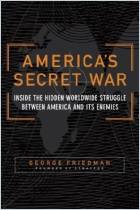
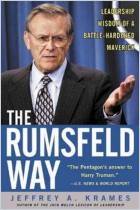
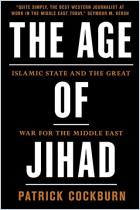
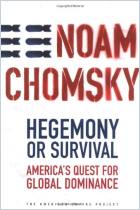

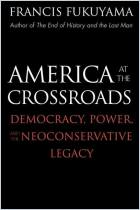



Comment on this summary or Iniciar a Discussão